Can Cats Eat Mango?
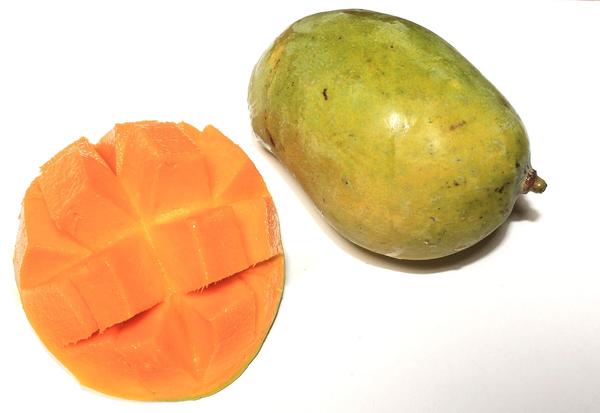
Want to add some excitement and variety to your furry friend's diet?
Feeling curious about whether cats can safely munch on mango?
Well, guess what?
You've come to the purr-fect place.
I understand, you're just dying to know if your feline companion can join you in devouring this tropical fruit sensation.
Trust me, I've had those same burning questions.
So, hold on tight because we're about to unravel the mysteries of whether cats can dig into mango.
Stick with me, cool cat! 🐱
Can Cats Eat Mango?
Mango is safe for cats and can be given as a special treat in small portions. Some cats may not like it, but that's okay as they have different food preferences. Mango is packed with vitamins and antioxidants, promoting good overall health for cats. Moderation is important.
Some cats may have a natural aversion to the taste or texture of mango, so you have to introduce it slowly and observe their reaction.
However, you ought to remember that mango is completely safe for cats and not toxic at all.
You can give it as a special treat in small portions.
No worries there!
If you want to share a little piece of this sweet fruit with your furry friend every now and then, go ahead and treat them!
But, go slow first.
Start by offering your cat a small piece of mango and see how they react.
Some cats might love it from the get-go, licking up their lips and asking for more.
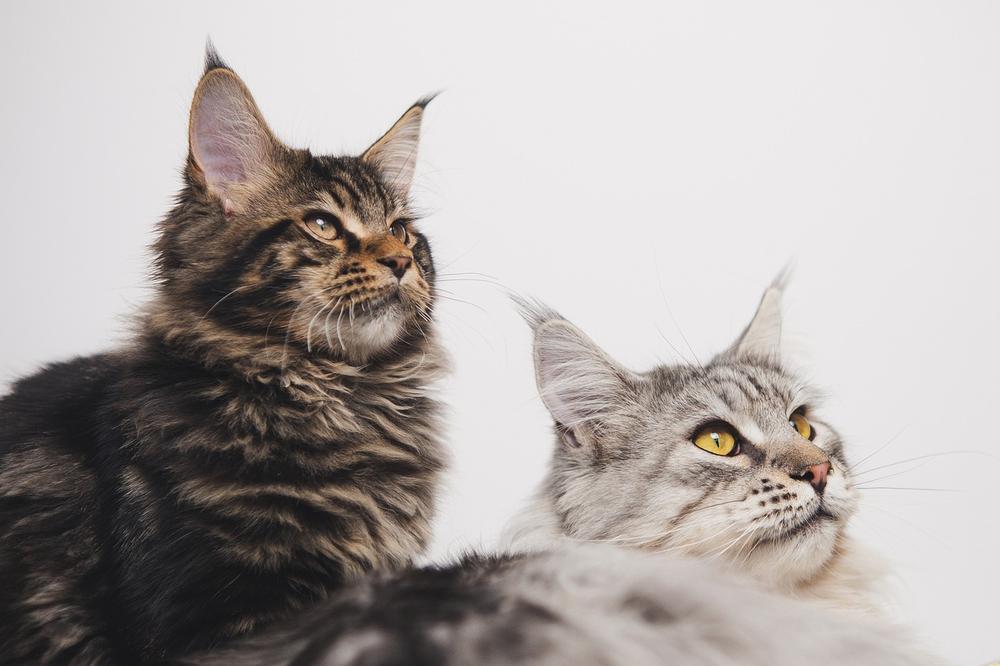
While others might turn away, disinterested.
That's OK.
Just like humans, cats have different preferences when it comes to food.
Respect their choices and don't force it on them.
In fact, mango comes with its fair share of health benefits!
It's packed with vitamins and antioxidants, promoting good overall health for your feline companion.
Moderation is key.
Don't overdo it, even if your cat begs for more.
And if your curiosity about a feline's appetite isn't satisfied yet, you'll love to know that I've got you covered with my informative article about another fruity delight.
Curious to discover if cats can safely enjoy the tangy flavor of kiwi? Just go ahead and check out Can Cats Eat Kiwi, where you'll find all the juicy details you're looking for.
Can Kittens Eat Mango?
Wanna know a thing or two about kittens and mangoes?
Here's the lowdown:
- Don't go feeding mangoes to kittens until they hit 6 months old. Those tiny bellies of theirs are sensitive, so new foods might not sit well.
- The smart move is to hold off giving them any fruits or veggies until they're around a year old. Let their bodies mature and adapt to solids.
- Mangoes can get messy, my friend. So be sure to wipe away all that sticky stuff to keep your kitten from making a big ol' mess.
- Now, if you still insist on offering mangoes to your older cat, make sure you remove those pesky seeds and skin. They're tough to digest and could pose a choking risk.
- As always, chat with your vet before introducing anything new into kitty's grub. They'll give you the scoop based on your fluffy pal's individual needs and well-being.
- Keep in mind that by sharing info on whether cats can chow down on mangoes via social media, you're helping other pet owners make wise choices for their furry buds.
So, memorize these tips and show your little feline mate some love! 😉
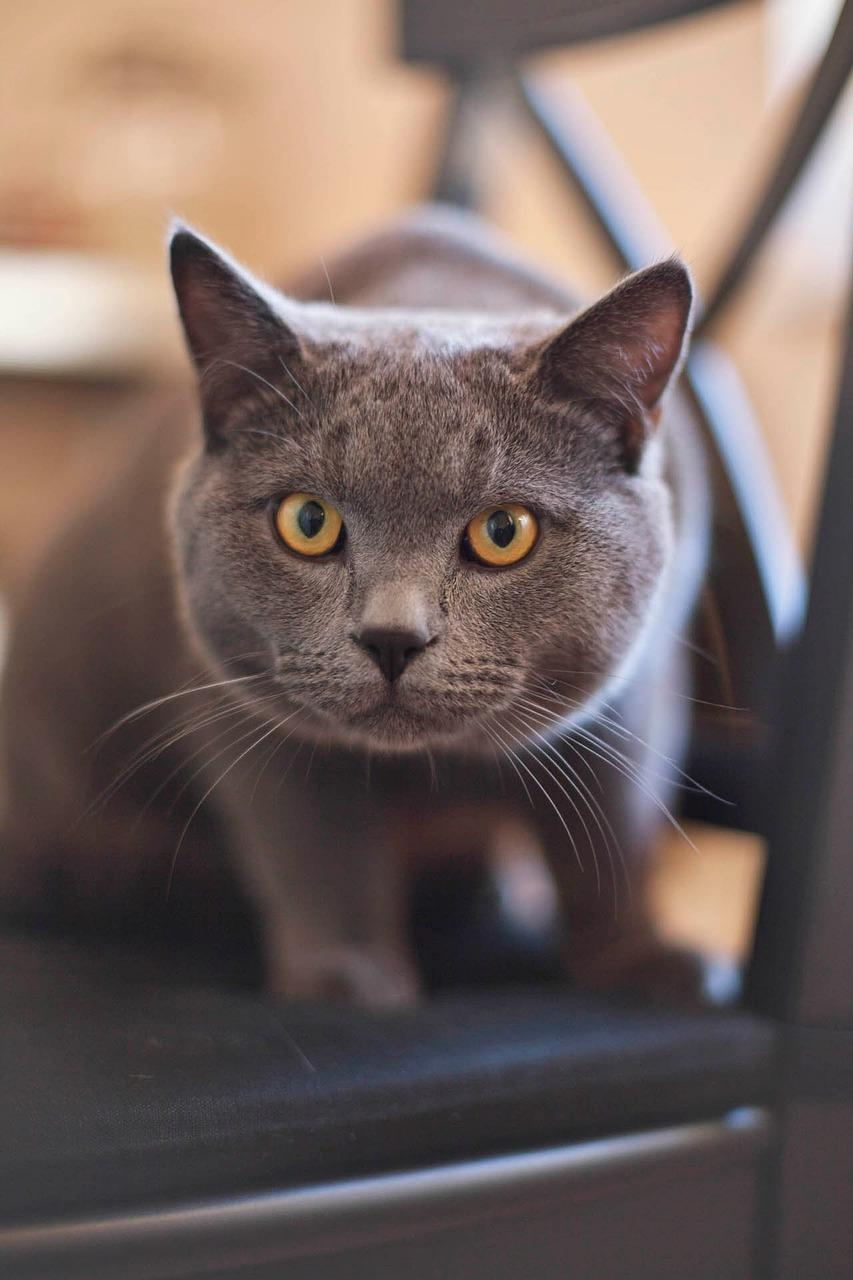
But what if you're thinking about offering your cat dried mango instead?
You may be surprised to learn that not all varieties are safe for our feline friends.
Let me give you the lowdown on why choosing organic, unsweetened options is essential for your kitty's well-being and how to avoid potential choking hazards.
Keep reading - you won't want to miss this!
Is Dried Mango Safe for Cats?
While dried mango can be safe for cats, you ought to choose organic, unsweetened options without preservatives. However, it can be a tough chew and cause choking. Due to its high sugar content and lack of hydration, small portions should be given sparingly to maintain your cat's health.
Can cats eat dried mango?
Let's talk.
You gotta make sure it's organic, unsweetened, and free of funky stuff. Preservatives and added sugar can mess with your furry friend and we don't want that.
But here's the catch...
Dried mango can be a tough chew for cats - it might even cause them to choke.
And hey, some cats just don't dig it.
So if you're gonna try it, do so carefully.
But guess what?
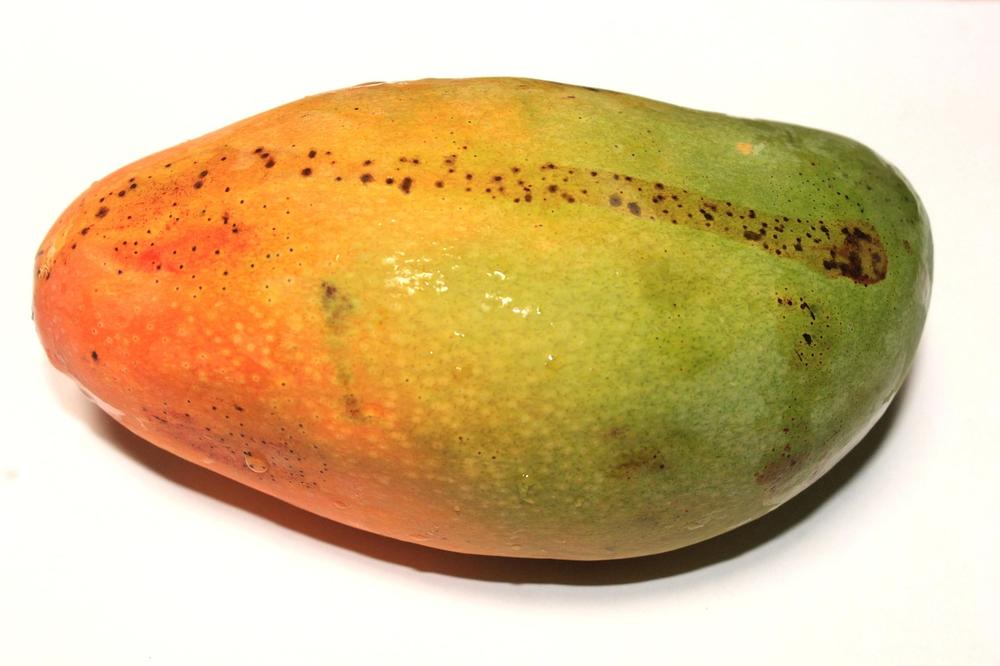
Dried mango has more sugar and less hydrating power.
We don't want our cats overloaded with sugar or missing out on water, right?
Keep the portions small and not too often to look after your cat's health.
Look for reputable brands that put your kitty's safety first.
When it comes to dried mango for cats, remember this:
Choose wisely and find that balance.
Your furry sidekick will appreciate it!
And it gets even more interesting...
Can cats safely eat fresh mango?
Let's find out how to offer this juicy treat to your feline companion and ensure their safety and satisfaction:
Offering Mango to Your Cat: Best Practices
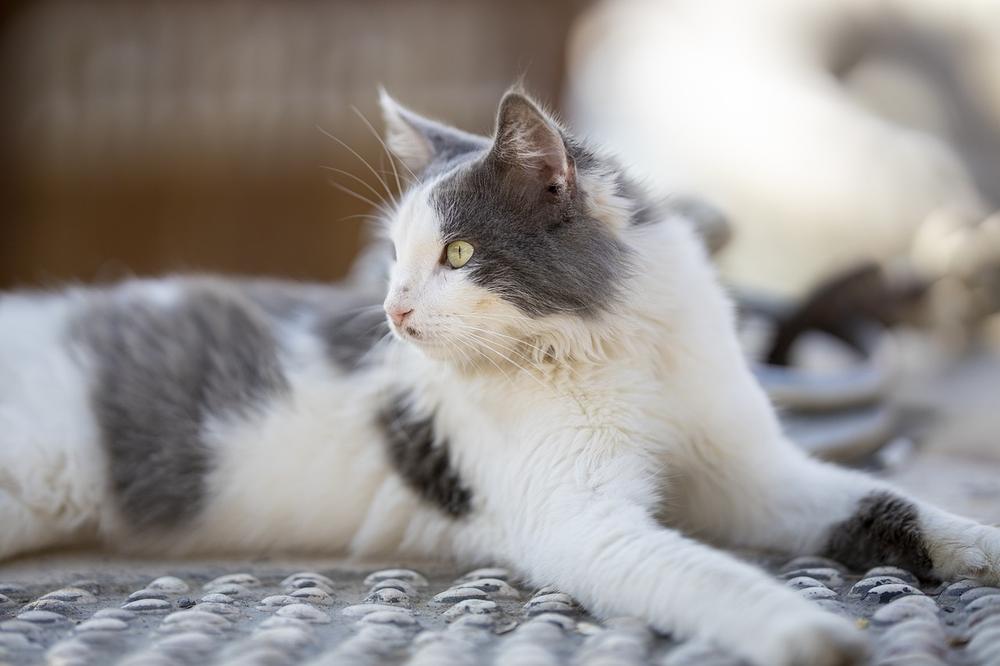
When it comes to offering your cat some mango, here are ten things you should PLEASE keep in mind.
- Make sure the mango is fresh and tasty.
- Peel it and cut it into small pieces for easy munching.
- Don't give mango too often; it should be a special treat.
- Take out the pit or stone because cats can choke or hurt themselves with it.
- Keep an eye on them while they eat so they don't choke or get blocked.
- Get your vet's approval before adding mango to their diet.
- Give them only one little cube of mango at a time.
- Watch for any signs of choking or discomfort as they eat.
- Clean the mango properly to remove any dirt or pesticides.
- Keep the portions moderate, about a few tablespoons every 2-3 days.
Your feline friend can enjoy a tasty mango treat without any health concerns by simply adhering to these guidelines.
Symptoms to Watch Out for After Feeding Your Cat Mango for the First Time
Allergic reactions to mango in cats
When you give your kitty their first taste of mango, keep a close eye on them.
You never know how their little body will react, especially if they've never tried mango before.
If your cat starts itching excessively, sneezing, or their face swells up, it could mean they are allergic to mango. Consult your vet immediately if you notice these symptoms because your furry companion deserves the best care.
Upset stomach and weight gain
Be careful not to overfeed your cat with mango.
Eating too much of this sweet fruit can upset their tummy or cause unwanted weight gain.
To avoid your cat losing their figure, ensure to control their portion sizes.
Watch out for signs like vomiting or persistent diarrhea, and don't hesitate to reach out to your vet for guidance.
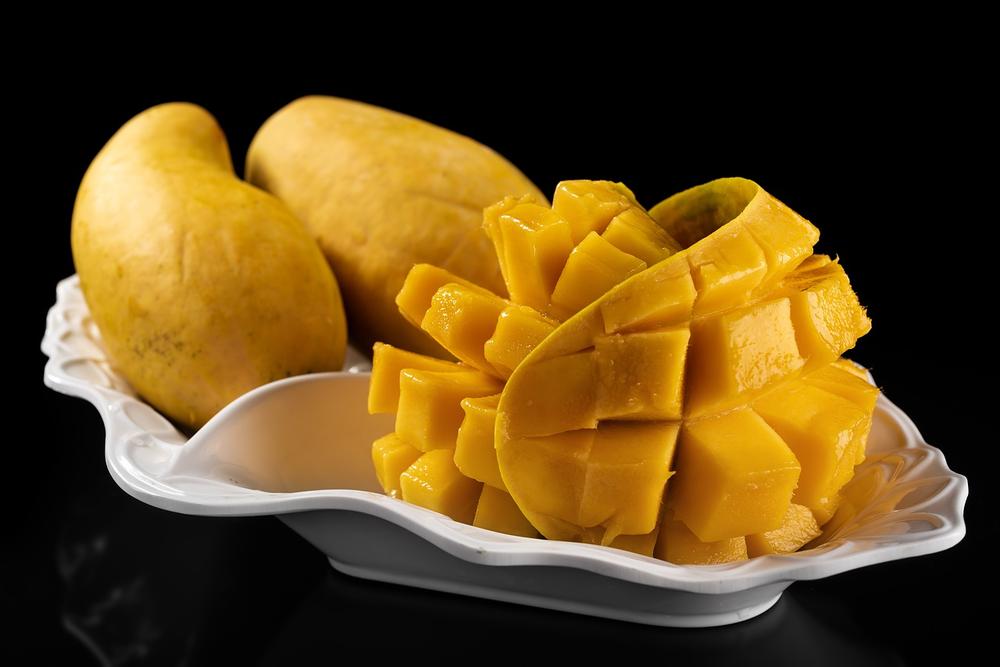
Be cautious with your cat's sensitive digestive system
Remember that cats have sensitive tummies.
When introducing new foods like mango, closely monitor their reaction.
Not all cats react the same way to new foods. Some may be more susceptible to negative responses.
If your fur baby vomits or has diarrhea after eating mango, it might indicate a problem.
Seek veterinary help to prevent further complications.
Oh, and while we're on the topic of harmful foods, here's a quick heads-up:
Dairy products, chocolate, caffeine, and alcohol should never be consumed by cats.
These substances can seriously harm their health.
And now that you know what symptoms to watch for after feeding your cat mango for the first time, let's discuss whether mango is actually beneficial for them and how it should be offered...
Can Cats Benefit From Eating Mango?
Mango doesn't do much for your cat, nutritionally speaking, but it can help with digestion because it has fiber.
Cats can't really taste sweet things, but they might still like the taste of mango.
Unfortunately, the nutritional benefits of mango are pretty limited when you consider how much sugar is in it.
Thankfully, cats can make their own vitamin C and get enough fiber from their regular diet, so they don't really need mango.
But if your cat isn't into mango because of its tangy flavor and prefers meat, you'll need other treats to keep them happy.
The best cat treats have natural ingredients and put meat first on the list to tempt your feline friend.
Cats aren't built for fruits and veggies, so only give them a little bit.
It's a good idea to go for wet food since it has important protein and nutrients.
While mango is mostly safe for cats, it's not the best choice for overweight or diabetic kitties because of its high sugar. So watch those portions.
Lastly, only healthy cats should get fruit since some fruits and vegetables can be toxic to them if they have underlying medical conditions.
But what about other fruits?
Can cats safely enjoy a variety of flavors and textures?
Yes, they can... While mango may not be the best choice for every feline, there are plenty of other options that can make a sweet addition to their diet.
From crunchy apples to juicy watermelons, let's explore the world of feline-friendly fruits together.
Curious to know more?
Keep reading to discover these tantalizing treats that will surely have your cat purring with delight!
What Other Fruit Can I Feed My Cat?
Apples are a safe and refreshing option for your feline friend, just make sure to remove the seeds and core.
If you're looking to expand their fruit repertoire, consider offering them blueberries, grapes (in moderation), bananas, strawberries, cranberries, pumpkin, and watermelon.
Remember to serve these fruits in small portions and without any added sugars. Another tasty treat for cats is plain cooked chicken, which provides both healthiness and a high protein content that will surely keep your whiskered companion satisfied.
Mango: A Feline-Friendly Fruit Worth Offering
Summary of Summaries:
- Cats can eat mango as a special treat in small portions.
- Kittens should not eat fruit or vegetables until they are one year old.
- Dried mango may not be safe for cats due to added sugar and preservatives.
- Freshly peeled mango can be given to cats in moderation.
- Monitor cats closely for adverse reactions, seek veterinary help if needed.
- Cats cannot taste sweet foods, but some may still enjoy mango.
- Mango is not necessary for a cat's diet and should be given in limited portions.
- Other fruits that cats can eat include apples, blueberries, and bananas.
- Plain cooked chicken is also a healthy treat option for cats.
And that wraps up today's article.
If you wish to read more of my useful articles, I recommend you check out some of these: Can Cats Eat Mint, Can Cats Drink Spoiled Milk, Can Cats Eat Cauliflower or Broccoli, Can Cats Eat Chia Seeds, and Can Cats Eat Sunflower Seeds
Talk soon,
-Sarah Davis